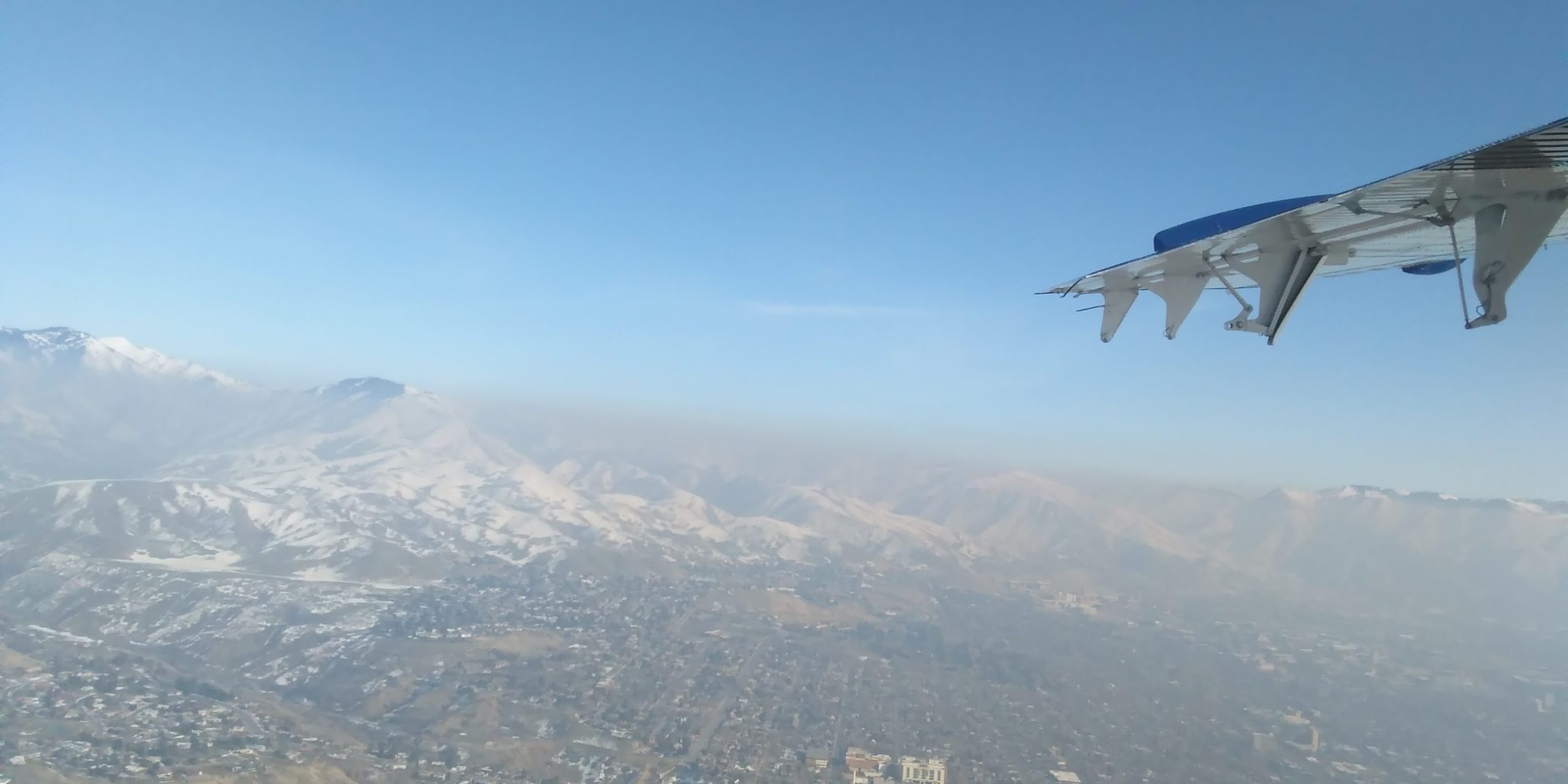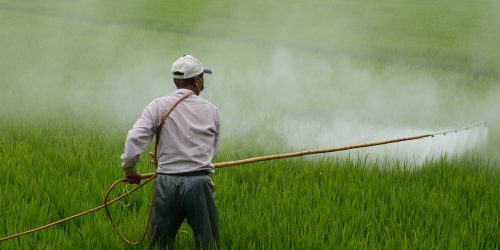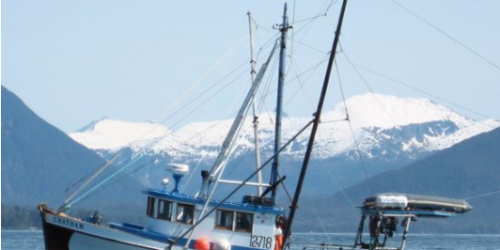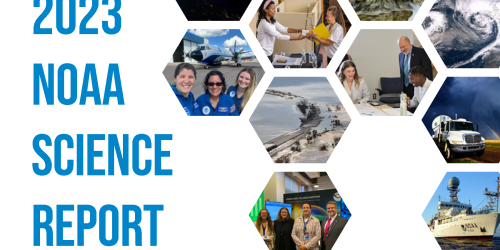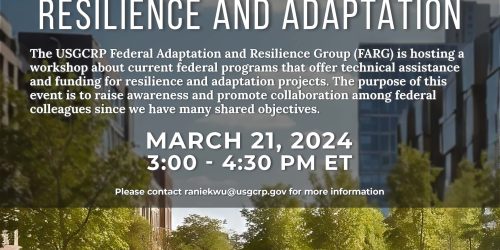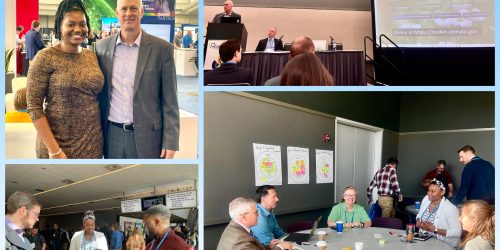CPO’s Atmospheric Chemistry, Climate, and Carbon Cycle (AC4) Program, in partnership with NSF, supported a workshop on Air Quality in the Western U.S. (AQUARIUS) on September 25-26 in Salt Lake City, Utah. The workshop brought together 100 scientists from around the world to discuss a future field campaign to investigate the factors that control wintertime particulate matter formation across the western U.S. Particulate matter, especially PM2.5 which is harmful to human health, has generally decreased in recent years throughout the U.S., thanks to regulatory policies. However, several western U.S. basins have not seen improvement in wintertime particulate matter concentrations. This suggests there is a gap in understanding how the lower part of our atmosphere and complex chemical processes interact, especially in mountain valleys that often trap polluted air, to produce elevated particulate matter conditions. To improve understanding of these unique regions and processes, AQUARIUS discussed plans for a future aircraft campaign in the winter of 2021/2022.
Outcomes from the workshop include:
- The AQUARIUS study region will focus on two areas: the three populated valleys within Utah (Salt Lake Valley, Utah, and Cache) and the San Joaquin Valley in California, with opportunities for sampling from other nearby valleys or basins as circumstances permit
- Measurement strategy includes aircraft closely linked to surface measurements to account for strong vertical gradients in chemical regimes
- Major uncertainties exist regarding the allocation (by source, time, and space) of emissions of pollutants, their precursors, and greenhouse gases
- Strong coupling of emissions, chemistry, and meteorology within valleys makes successful simulation of wintertime particulate matter pollution in the western U.S. especially challenging
- Transformative science would come from studying the coupling between meteorology and chemistry
- Significant insights can be gained from examining greenhouse gases alongside pollutants and chemically active species
- Similar processes leading to wintertime particulate pollution in the western U.S. are found in other regions around the world (e.g., China, Europe), and insights from AQUARIUS will inform science-based control strategies in these other regions


